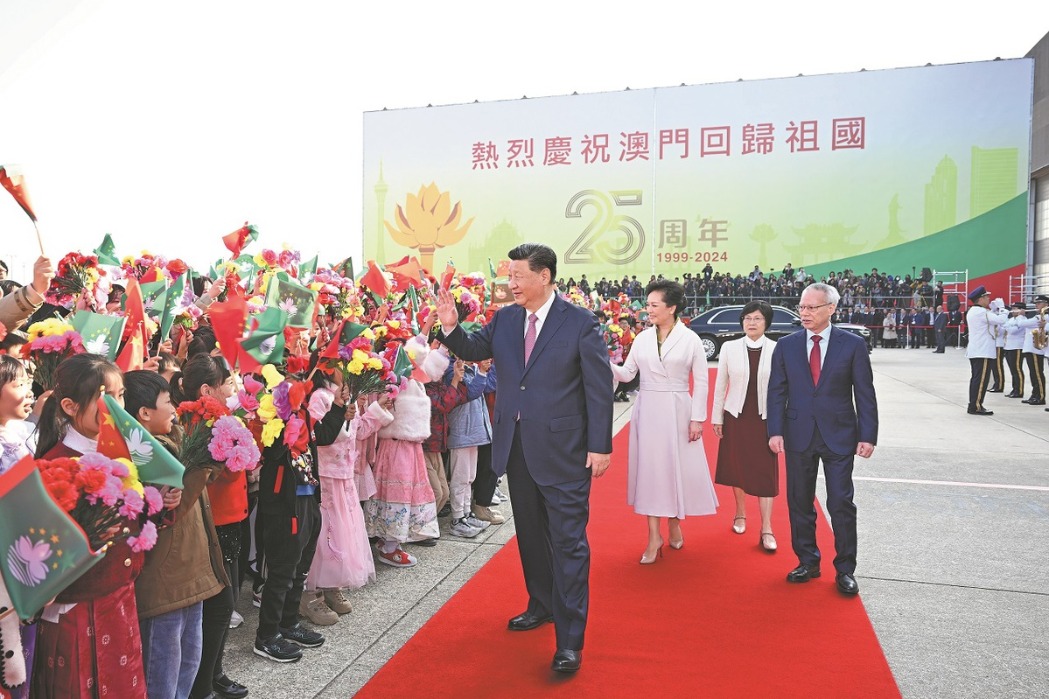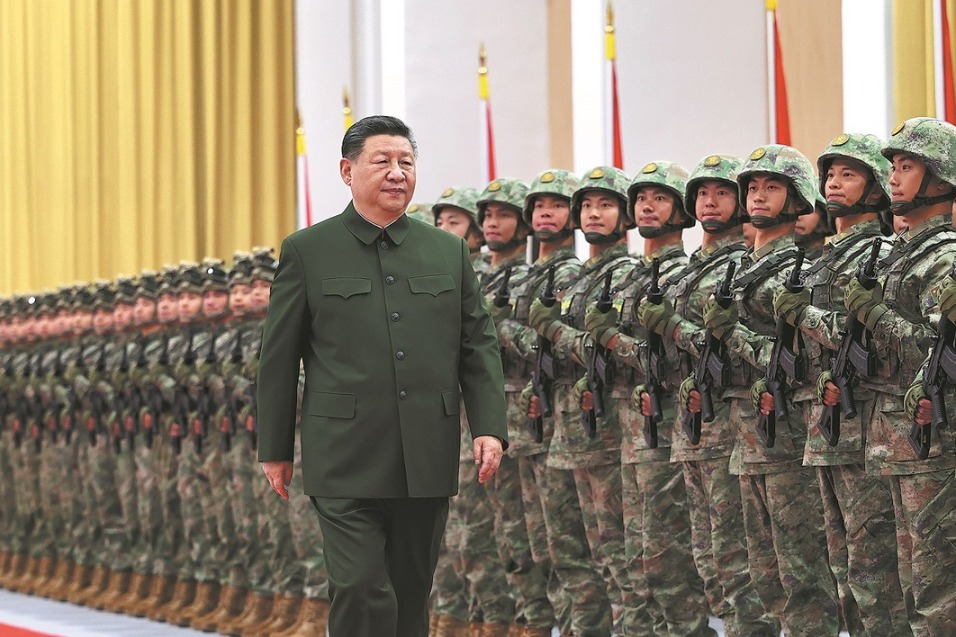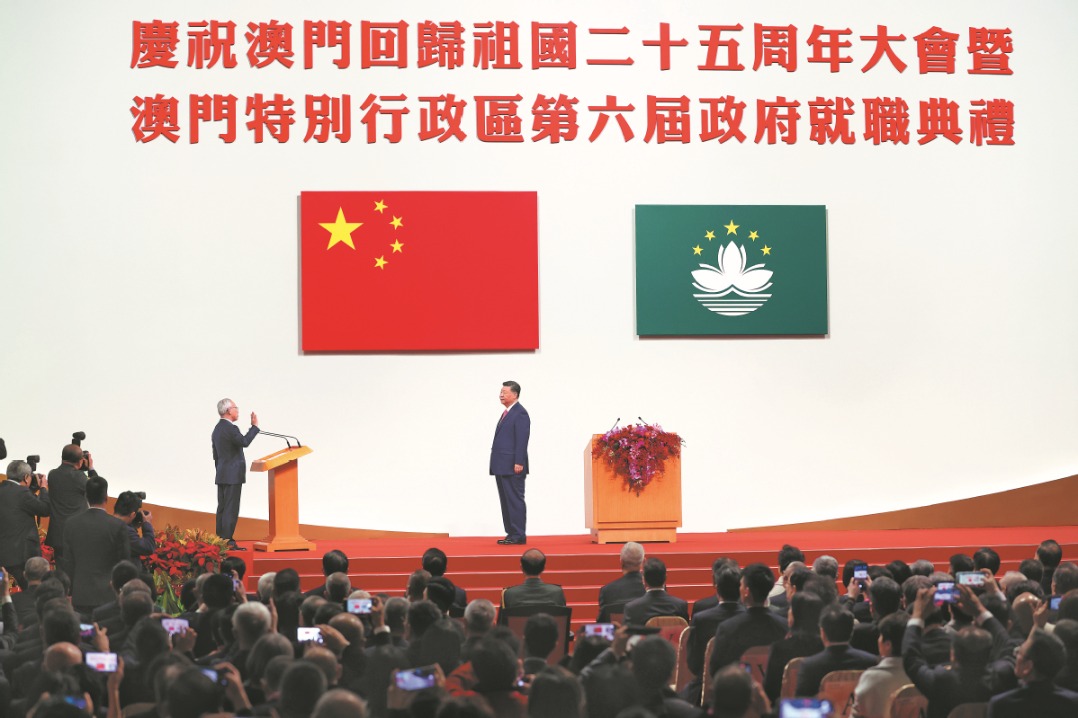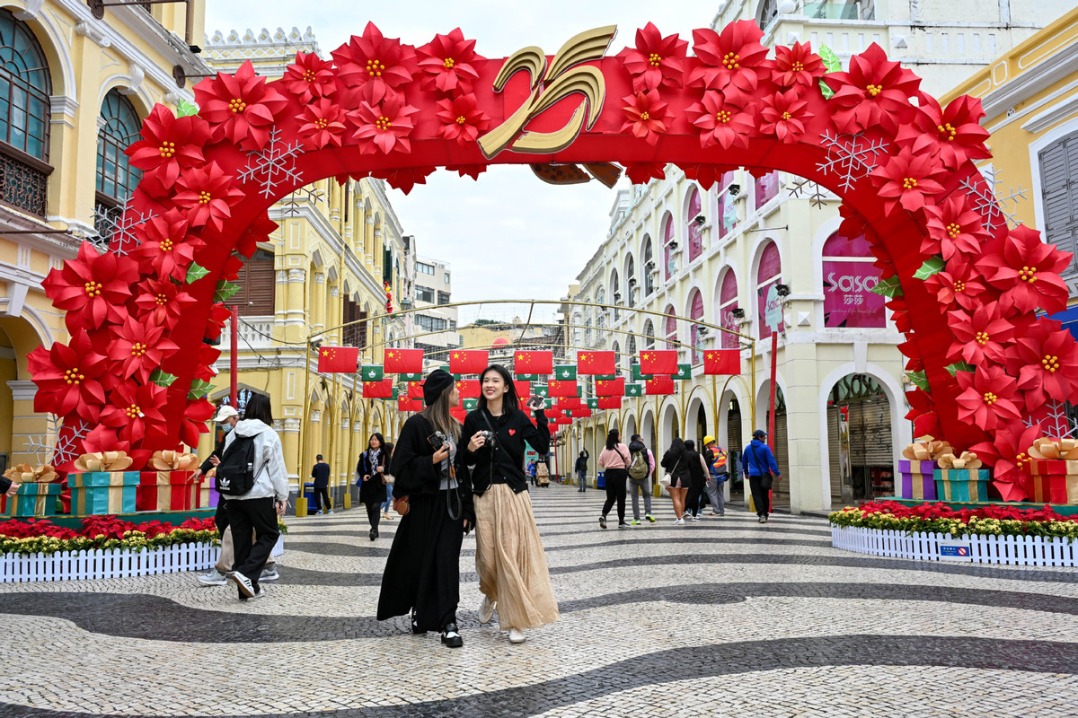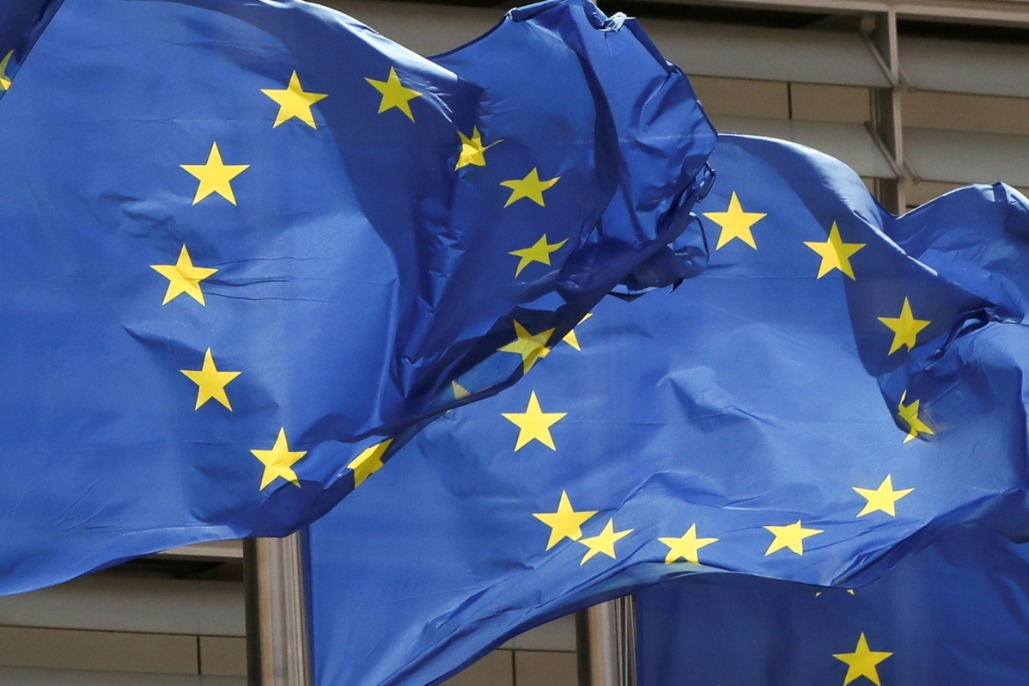Refit for purpose

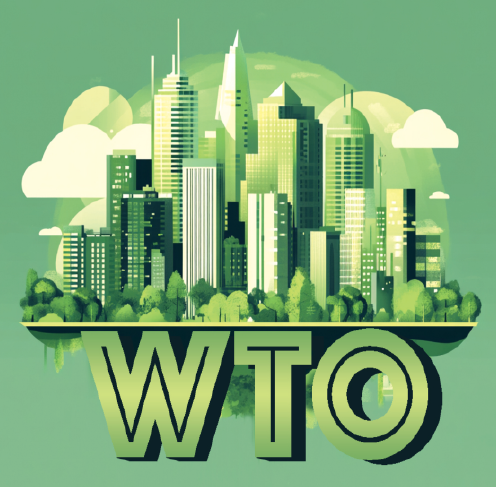
WTO members are actively advancing reform of the global trade body to bring it in line with the times
Since its establishment over 30 years ago, the World Trade Organization has played a central role in the multilateral trading system by strengthening economic and trade cooperation among its members, maintaining the stability of the trade system and promoting global economic growth. However, with the recent rise in anti-globalization trends, the WTO faces a series of challenges, including the resurgence of trade protectionism, the accelerated restructuring of global supply chains after the COVID-19 pandemic and the intensifying geopolitical conflicts. At the same time, the WTO is adapting to the changes of the times, with its role and influence growing on emerging issues such as green development, digital transformation and the formulation of investment rules. To enhance its ability to address these challenges, WTO members are actively advancing its reform through negotiations.
The impact of the pandemic on global supply chains and trade flows has exposed the vulnerabilities of globalized supply chains. The enhanced security and importance of domestic supply chains have prompted many countries to re-evaluate and adjust their strategies, and to attempt to ensure national economic stability through "de-globalization" and "regionalization". The regionalization of supply chain policies poses the risk of undermining the effectiveness of the WTO multilateral system. The strategies proposed by countries such as the United States for supply chain restructuring and "friendshoring" manifest as the repatriation of certain production processes to domestic markets or transferring them to their friendly nations, thereby weakening global integration. Additionally, the proliferation of regional trade agreements has led to more complicated global trade rules. This not only increases the overall uncertainty of global trade but also undermines the application and supervisory functions of the WTO's dispute settlement mechanism.
The rising global trade protectionism and geopolitical conflicts have led to high trade barriers. Data from Global Trade Alert indicates that since the US launched its trade war against China in 2018, protectionist and restrictive trade measures have increased significantly, and such a trend has accelerated with the outbreak of the COVID-19 pandemic and the Ukraine crisis; the number of restrictive measures such as tariffs, export restrictions and anti-dumping investigations implemented by countries worldwide has grown by more than 30 percent; in industries involving important resources such as semiconductors and rare earths, unilateral barriers have greatly increased. The US president-elect Donald Trump has shown a strong protectionist stance, claiming that he will impose a 10 to 20 percent tariff on all imported goods, and a 60 percent tariff on goods from countries such as China. If these trade policies are implemented in Trump's second term, they will trigger chaos in the global trade system.
These challenges indicate that the world has new demands for the WTO. The organization is actively reshaping its role in areas such as green development, transformation of new technology industries and investment rule formulation. It continuously advances its reforms through various negotiations toward an inclusive and multifunctional organization for global economic and trade governance. WTO negotiations have become an important means of promoting the re-globalization of the world economy.
First, the WTO is actively promoting green and low-carbon growth. In the 2023-24 period, the WTO focused on advancing the policy coordination of the Carbon Border Adjustment Mechanism within a multilateral framework and exploring globally unified carbon measurement and reporting standards. The WTO has called for the reduction of tariffs on clean energy technologies, renewable energy equipment, and environmentally friendly products within a multilateral framework, or the zero tariff treatment for green goods, to promote the trade of green and low-carbon products, accelerate the global transition to a green economy, and provide its members with more options for green growth.
Second, the WTO is building a rule system that adapts to the industrial model transformation in the new wave of the technological revolution. In August, the WTO released a joint statement initiative on e-commerce, which is the result of negotiations involving more than 90 WTO members over the past five years. This agreement is balanced, inclusive and of commercial significance. Once incorporated into the WTO legal framework, it will become the foundation of global digital trade rules among WTO members. It will benefit consumers and businesses, especially small and medium-sized enterprises, from both developed and developing countries involved in digital trade.
Third, the WTO is promoting the formulation of global investment rules. In February, 123 WTO members announced the formal adoption of the Investment Facilitation for Development Agreement. The document aims to simplify cross-border investment procedures, reduce business costs, create a better business environment for SMEs, attract foreign investment and develop their national economies, thereby promoting global investment liberalization. The WTO's multilateral investment agreement marks a significant advancement in global investment rule-making and provides a new path and model for the modernization reform of the international investment field. China played a crucial role in facilitating, harmonizing and concluding the agreement negotiations.
Fourth, the WTO is maintaining its primary status in addressing global trade issues. The reform of the WTO's dispute settlement mechanism faces challenges such as conceptual disagreements, legal and technical difficulties and the complex linkage of issues. Since the WTO Appellate Body became incapacitated in 2019, one of the core issues in the negotiations from 2023 to 2024 has been to restore its normal operation. The US opposes it but advocates for fundamental reforms to the dispute settlement mechanism. To break the current deadlock, some WTO members propose resolving disputes through more flexible negotiation models, such as allowing members to reach agreements through plurilateral negotiations and incorporating them into the WTO legal system, or allowing disputing parties to reach consensus through prior consultations without invoking the appeal process. Some members have already established the Multi-Party Interim Appeal Arbitration Arrangement as an alternative to the interim appeal arbitration procedure.
Zhou Yingxin is an associate researcher at the Institute of World Economics and Politics at the Chinese Academy of Social Sciences. Dong Yan is a researcher at the IWEP at the CASS. The authors contributed this article to China Watch, a think tank powered by China Daily. The views do not necessarily reflect those of China Daily.
Contact the editor at [email protected].


















